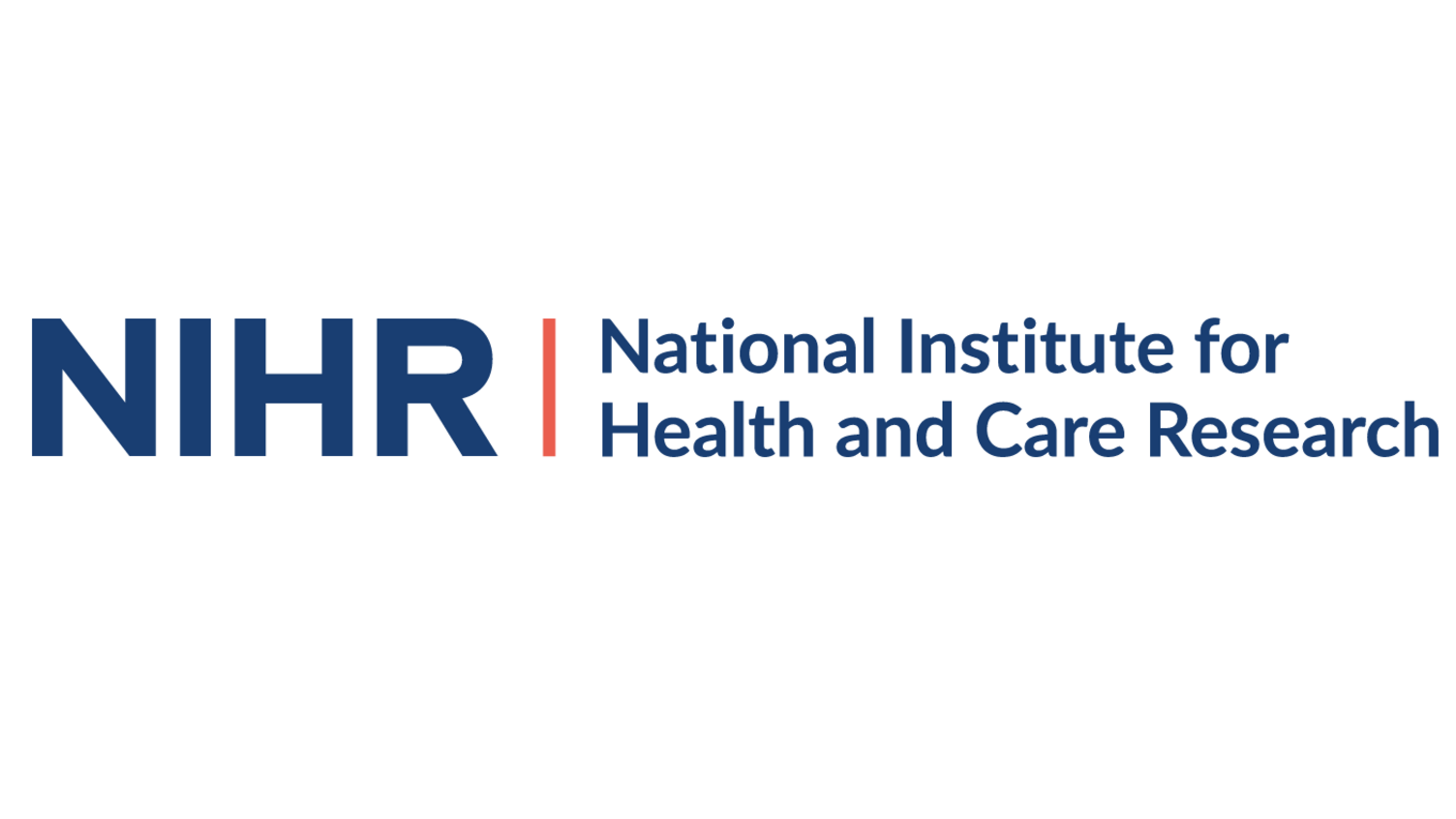The Womb Cancer PSP is asking for help to prioritise its list of unanswered questions
- 6 November 2015
- 3 min read
by Emma Crosbie, PSP Lead.
The Womb Cancer PSP completed an on line question-gathering survey at the end of May 2015. Nearly 800 responses were received from approximately 380 participants, of whom approximately half were patients or carers. Research questions identified during this survey were collated, sorted and checked to remove duplicates and ensure that they are genuinely unanswered.
We have drawn up a long list from the unanswered questions and the nation is being asked to rank them in order of importance in our online survey, open until 23 November 2015. The top ten will be established during a final priority setting workshop in December 2015. Workshop participants will include members of the Womb Cancer PSP and survey respondents who wish to be involved. Patients, their families and carers will be particularly welcome.
Endometrial (womb) cancer is rising in incidence and more women than ever before are now dying from the disease, despite improvements in overall survival.
Endometrial cancer is the fourth most common cancer affecting British women but there is little public awareness about the disease and very little research effort on either a national or international level. Precisely why this is so is uncertain. Perhaps it is because endometrial cancer tends to affect older women or because we are too polite to talk about problems ‘down there’. Maybe it is because endometrial cancer presents early and is surgically curable, making it less of a priority than other cancers with a poorer outlook.
Whatever the reasons might be, the consequences are undeniable. Lack of research means that few advances have been made in unpicking the biology of the disease, or in spearheading prevention, screening or targeted treatment strategies. We need to understand what causes endometrial cancer in the first place if we are to work out how we might prevent it, who we should screen and what treatments will be most effective. Advances in our understanding of endometrial cancer made through judicious, well designed, high quality research will lead to improvements in the clinical care of patients, which will ultimately save lives. In this emerging epidemic of endometrial cancer, where rates of the disease are escalating with no signs of slowing down, it is time to take action.
The Womb Cancer PSP first met in October 2014. It is a group of patients, clinicians and charity representatives with an interest in endometrial cancer. Under guidance from Richard Morley from the James Lind Alliance, our mission is to conduct a nationwide survey to identify the top ten research priorities in endometrial cancer. With limited time and resources available, it is essential that research prioritises important questions. The Womb Cancer PSP is interested in the views of patients, their families and the clinicians who look after them, i.e. the people most affected by endometrial cancer, in helping to define what those research priorities should be.
The top ten endometrial cancer research priorities identified by this process will be published in an academic journal and publicised widely. It is hoped that research funders will use the output of this process to open an endometrial cancer-specific funding round. Furthermore, when faced with multiple grant applications encompassing a wide range of themes, we hope our top ten will help research funders prioritise those that address important endometrial cancer research questions. The goal of the Womb Cancer PSP is to encourage researchers and funders to prioritise endometrial cancer research and to define its research agenda. We hope we will also raise the public profile of the disease, an oft neglected women’s cancer worthy of our attention now more than ever.
So please contribute to our online survey and help us to rank our list of unanswered questions in order of priority. The survey is open until 23 November 2015.


